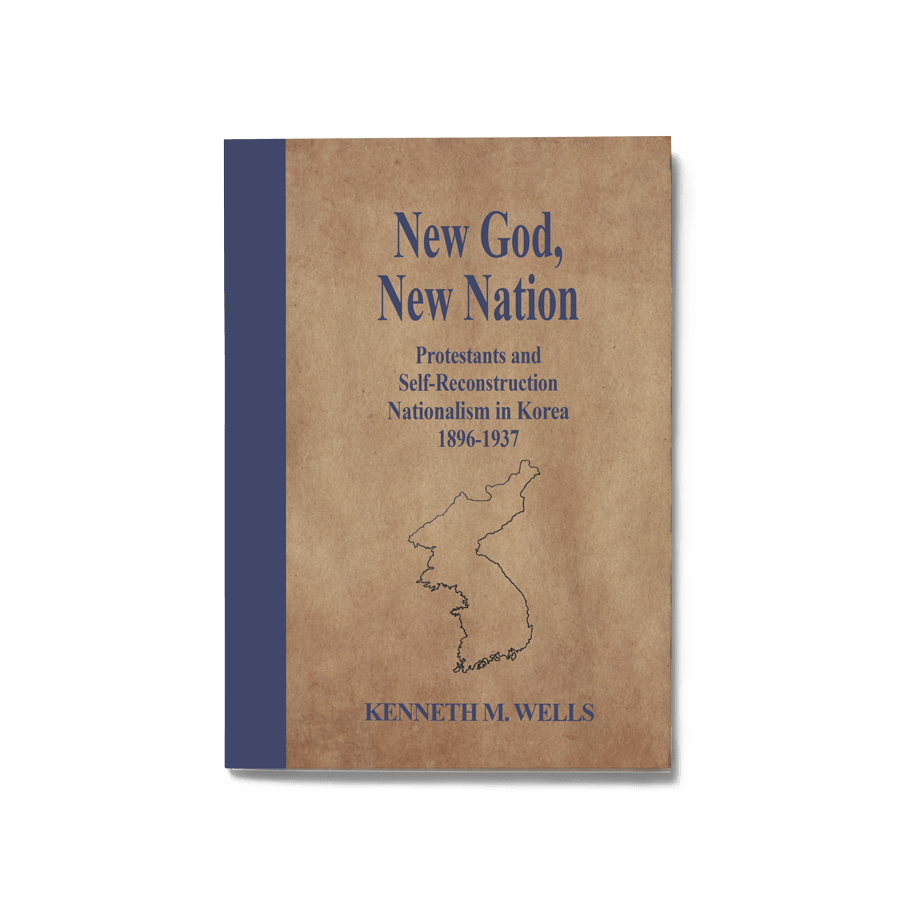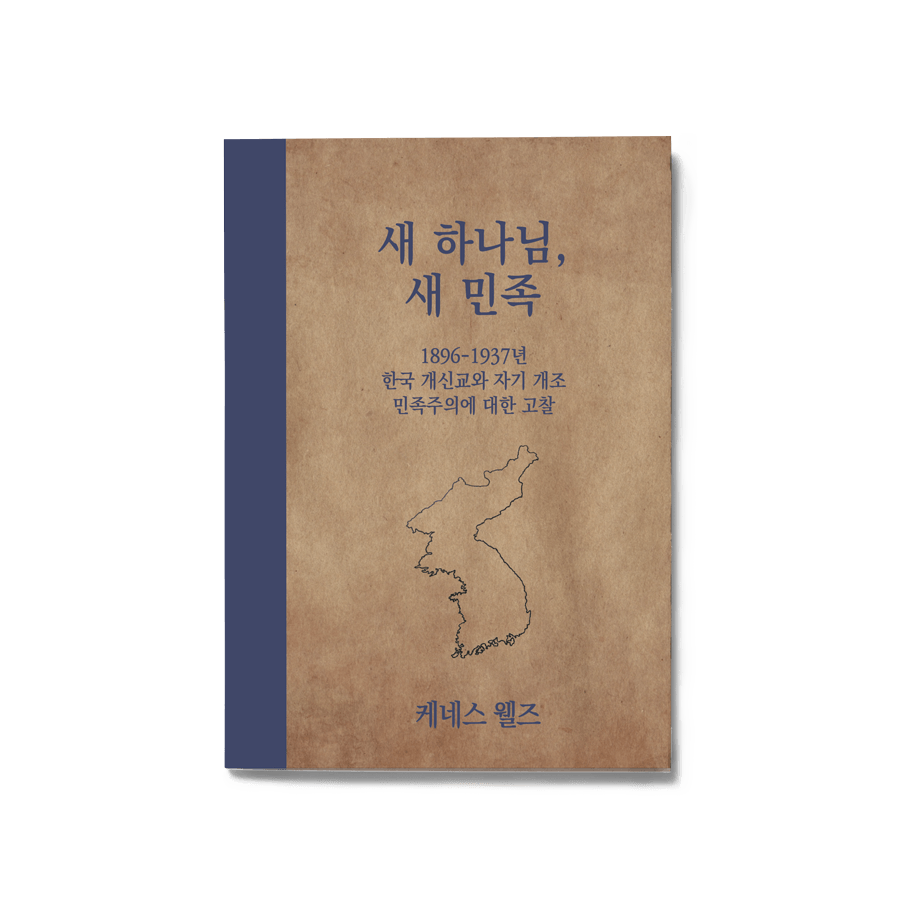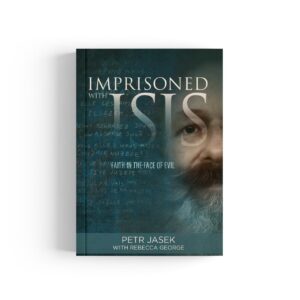Description
The history of modern Korea reveals a search for cultural identity through nationalism. At the close of the 19th century, the kingdom of Korea became a battleground between China, Japan and Russia. While Korean traditionalists and modernist factions vied for power, the country increasingly fell prey to Japanese colonial designs, culminating in its official incorporation into the Japanese empire in 1910. In the context of this loss of political and cultural autonomy, some Koreans turned to Protestantism, and to the associated ideas of the nation-state as a source and model for a new Korea. Previous studies of nationalism in Korea have tended to cast their analyses in terms of the polemics of Korean nationalists, distinguishing nationalist factions through the lenses of resistance and collaboration. Elucidating the crucial linkage between Protestantism and nationalism, this book instead sets the introduction of new religious ideas firmly within the wider cultural struggle of the time, exploring their function as both a means of counteracting imperialism and as the framework for a new national ideal. The book shows how Korean Protestant nationalists based an idealist model of cultural transformation on their central thesis of the ethico-spiritual origins of nationhood. Drawing on a range of materials in Korean, Sino-Korean, Japanese and English, and on his expertise in the areas of nationalism, socialism and Christian theology, Professor Wells provides the serious reader with an intriguing account of the involvement of Protestants in the burning issues of modern Korea. His thorough and sensitive handling of the complexities of Korea’s search for national identity challenges many common assumptions and opens new paths for future studies. This book is intended for students and researchers in Asian studies and sociology of religion. “Professor Ken Wells is currently teaching in the Department of East Asian Languages and Cultures at Indiana University in the USA.”. This book is intended for students and researchers in Asian studies and sociology of religion.
About the Author
Kenneth Wells is currently a Research Fellow at the New Zealand Asia Institute and an Adjunct Professor of history at the University of Canterbury in Christchurch, New Zealand. He received a Ph.D in Korean history at the Australian National University in 1995. He has taught at Indiana University in Bloomington and at the Australian National University, where he was appointed the Korea Foundation Professor of Korean history in 2003. He founded the ANU Centre for Korean Studies in 1994 and the Korean Studies Association of Australasia in 1995. Between 2009 and 2011 he taught in history at the University of California at Berkeley.
He has written extensively on modern Korean nationalism, religion, ideology and gender movements. His academic publications include the books, New God, New Nation: Protestants and Self-Reconstruction Nationalism in Korea, 1896-1937 (Allen & Unwin, 1990), South Korea’s Minjung Movement: the Culture and Politics of Dissent (HUP,1995: editor and contributor), and Korea: Outline of a Civilisation (Brill, 2015).
Contents
Introduction · 1
The introduction of Protestantism · 21
The ethical foundations of self-reconstruction nationalism · 47
The Dark Ages 19101919 · 71
The reconstructive community 19101919 · 82
Cultural reconstruction and the separation of nation · 98
National repentance and civilization 19251937 · 118
The ideal on trial · 138
Conclusion · 162
Notes · 177
Select Bibliography · 206
Index · 214
Copyright






